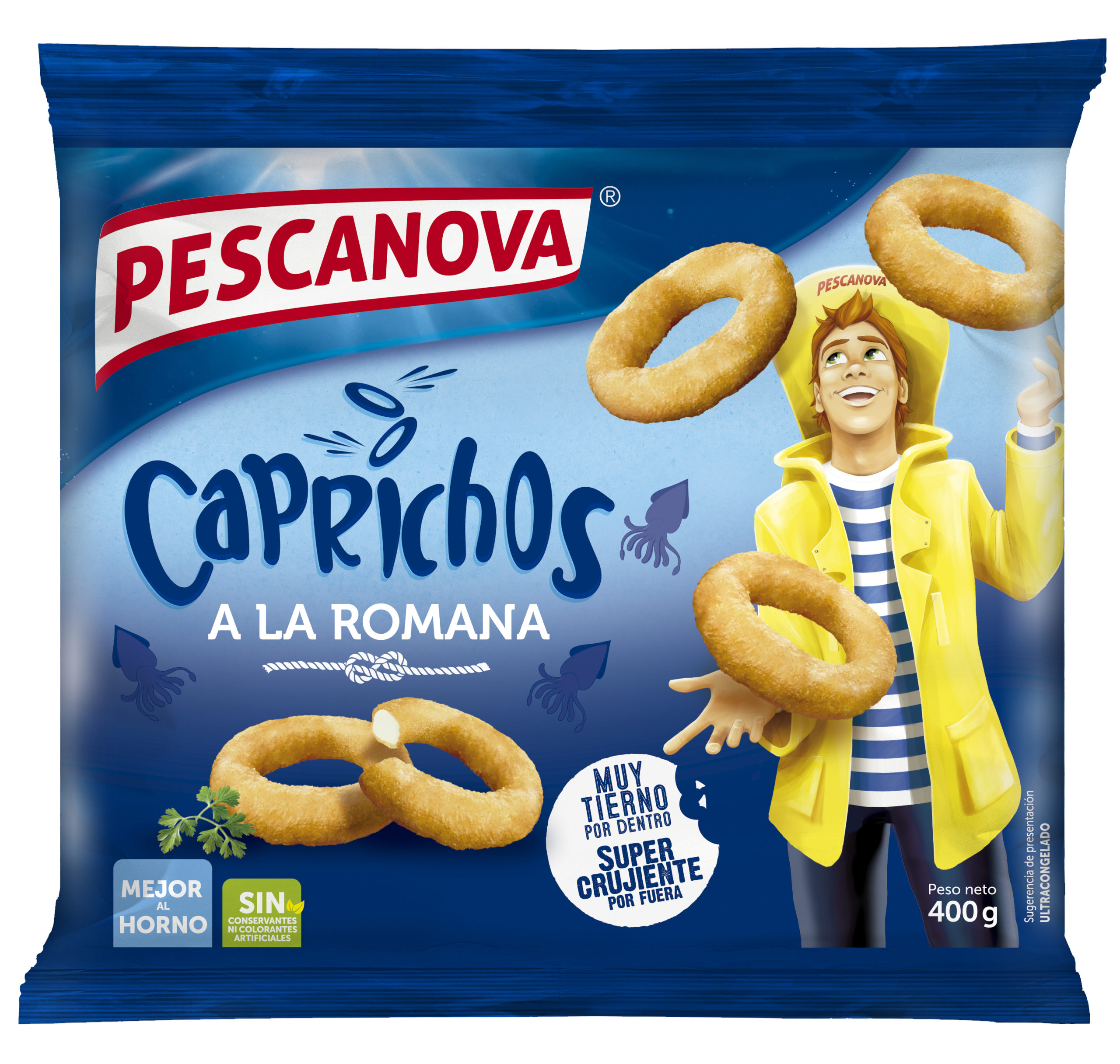Ocean-Bound Plastic Used for Packaging
SABIC has partnered with Polivouga, a Portuguese manufacturer of flexible film products, to launch the TRUCIRCLETM project, which aims to reuse post-consumer plastic waste recovered from areas up to 50 kilometers inland from waterways that could otherwise end up in our rivers and oceans.
The Nueva Pescanova Group, a leading Spanish brand owner specializing in the fishing, farming, processing, and marketing of fresh, chilled, and frozen seafood products, has developed the world’s first frozen food packaging solution based on SABIC’s certified circular polyethylene from ocean bound plastic feedstock. The new environmentally friendly packaging will be unveiled on World Oceans Day 2022.
SABIC uses advanced recycling to convert ocean-bound plastic into an alternative feedstock for certified circular polymers – SABIC® LLDPE (Linear Low Density Polyethylene) and LDPE (Low Density Polyethylene) for further processing into flexible packaging film by Polivouga. The frozen seafood is then packaged in bags made from this film by Nueva Pescanova.
The collaboration is SABIC’s first TRUCIRCLE project using recycled ocean bound plastic in certified circular polyethylene. Sami Al-Osaimi, Vice President PE & Sales at SABIC stated that: “This is an exciting circular packaging solution for us, since it demonstrates how used plastic that has the potential to end up in our oceans, can be brought back into a circular material stream to be converted into high quality food packaging. It also underlines SABIC’s commitment to the United Nations’ Strategic Development Goal #14 for ‘Life Below Water.” He added: “The results once again demonstrate the art of the possible when dedicated value chain partners collaborate with the aim of making a difference.”

Ignacio González, CEO of the Nueva Pescanova Group: “As a seafood company, it is our great responsibility to care for the seas and oceans, the ecosystems on which our activity depends and which we must all take care of together. With this initiative, we will prevent this plastic waste from reaching the marine environment, giving them a new life. We have set ourselves the goal of making 100% of our packaging recyclable by 2025 and, through this action, we will be one step closer to achieving this.”
The Zero Plastic Oceans program and the International Sustainability & Carbon Certification (ISCC) PLUS chain of custody have fully certified the ocean-bound plastic-based solution. This means that the material flow from the ocean-bound plastic to the final packaging is controlled and tracked according to a set of predefined and transparent rules.
“The project reaffirms the determined journey we have embarked on with SABIC to drive circularity in our industry and takes it one step further, enabling us to provide our customers with premium flexible film products now also based on mixed plastic waste that could otherwise pollute our seas and waterways,” adds Tiago Barros, CEO at Polivouga. “Besides delivering a food-contact approved polyolefin product, these ocean bound plastic PE films ensure the same tear and puncture resistance as competing PE packaging structures made from virgin fossil PE resins.”
SABIC’s certified circular polymers are part of the TRUCIRCLE portfolio of circular solutions and services. Design for recyclability, mechanically recycled products, certified renewable polymers from bio-based feedstock, and closed loop initiatives to recycle plastic back into high-quality applications and prevent valuable used plastics from becoming waste are also included in the offering.




